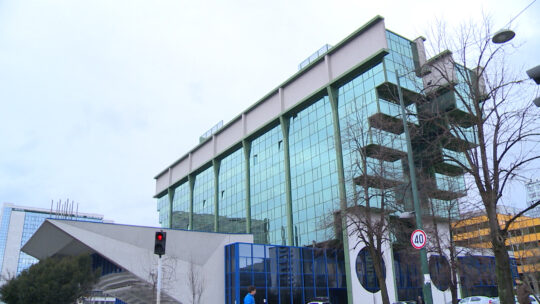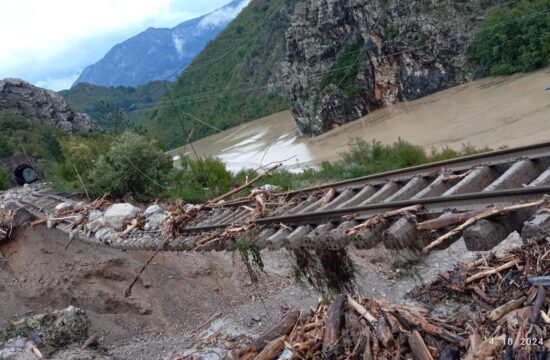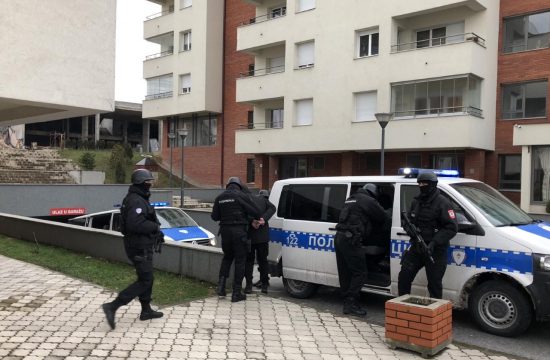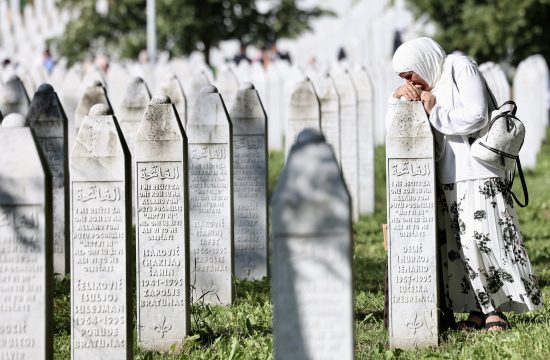Bosnia’s Election Law issue was the central theme discussed by the political directors of the Steering Board of the international body tasked with implementing the 1995 Dayton Peace Agreement, the Peace Implementation Council (PIC), and they urged domestic political actors to find an agreement on the issue as soon as possible.
“It is necessary for the political parties to urgently begin solving this issue so that the government which will work on political and economic reforms can be formed as soon as possible after the election,” said High Representative Valentin Inzko, Bosnia’s top international official tasked with overseeing the implementation of the Dayton Agreement, which ended the war in Bosnia.
“Participants (of the PIC session) are concerned that, should this issue remain unresolved, forming the government could last long,” he said.
How the results of the October general election in the country will be implemented is still unclear, as Bosnia’s Constitutional Court ruled that some provisions of the Election Law were inconsistent with the state Constitution and subsequently deleted two sections of it which treat the matter of representation in the House of Peoples of the Federation of Bosnia and Herzegovina (FBiH), the semi-autonomous entity shared by Bosniaks and Bosnian Croats.
Since then, Bosnia's political leaders have failed to act in the legally allowed time frame to change the Law. Talks on the issue have been in deadlock for some time, despite mediation by international officials.
After meetings with Venice Commission experts, who were invited to help in finding an agreement on the issue, Bosnia’s political leaders spoke of a temporary solution to be implemented for the 2018 election only.
Inzko said on Wednesday that negotiations on the issue should continue, and that “other options should be put aside”.
Members of Bosnia’s Central Election Commission (CIK), which announced the election for October 7, were present at the PIC session as well.
“We wanted to hear about how the preparations for the election are coming about, about the possibility of election fraud, and activities to prevent it,” Inzko said.
Inzko’s deputy and supervisor of Bosnia’s Brcko District, a municipality that does not belong to either of the country’s two semi-autonomous entity, Dennis Hearne, pointed out that Bosnia failed in amending its Law on Criminal Procedure as well.
“The situation has shown that it is difficult to achieve a fight against corruption, and some, it seems, have a wish to maintain the status quo,” Hearne said.
The Constitutional Court declared some of the Law’s articles addressing the process of granting immunity from legal prosecution, physical search and special investigative procedures unconstitutional in 2016 and gave lawmakers six months to adopt adequate changes.
Bosnia's parliamentarians have been dragging their feet on the issue.
“We talked about economic progress and serious challenges as well, including the situation in the Indirect Taxation Authority of Bosnia and Herzegovina and in Elektroprenos BiH (the state company for transmission of electric power),” Hearne said.
“Sometimes we have differing opinions and advocate differing approaches – but we have common goals, which are long-term peace and stability in Bosnia and Herzegovina,” he said.
The PIC’s statement noted that political and economic progress has slowed almost to a standstill in the past months.
“There has been backsliding on rule of law, and serious concerns about the independence of the media and increasingly divisive rhetoric remain,” the statement said.
It also noted that the PIC was “concerned” about the disproportionate purchases of long-barrelled weapons by some law enforcement agencies. The police in Republika Srpska (RS), the Serb-dominated semi-autonomous entity, has made that purchase and the Russian representative in the PIC has noted that his country does not agree with this part of the PIC statement.
Apart from urging Bosnia to implement prior rulings by the Constitutional Court and International Courts, PIC Steering Board political directors also urged for Bosnia’s political actors to “refrain from divisive, nationalist rhetoric in the pre-election period and beyond” and “ensure the peaceful conduct of free and fair elections,” as well as to uphold the rule of law, “in particular by strengthening the institutions responsible for the fight against corruption”, and to improve coordination on all of Bosnia’s Government levels and to continue regional cooperation.
Inzko’s office published the conclusions from the session on its website.




